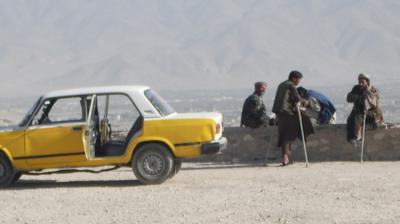The political economy of autocratization
“It’s the economy, stupid”. Politics is often defined as “who gets what, when, and how”. In democratic and authoritarian states alike, the economy and how it is structured - often in highly gendered ways - shape politics. It is central to power relations, regime performance, legitimacy and stability. The social contract rests on a triad of taxation, representation, and service delivery. When big corporations and other powerful economic interests determine how political power is exercised and maintained, this undermines the ability of citizens to hold governments accountable. Exchanges between economic and political power-holders can be overt or covert, legal or illegal, and they differ in form across regimes and time -- as do the legal underpinnings. An example is the US Supreme Court judgment in Citizen United v the Federal Election Commission (2010), which greatly expanded the legal influence of corporations and wealthy interest groups in electoral politics. Illegal influences are more difficult to track, but there is no doubt that corporations, mafia organizations, drug cartels, and industrial-military complexes across the globe wield enormous influence. Occasionally, corruption scandals surface and expose the illicit connections, like the massive Oberfeld/Lava Jato corruption scandal that implicated governments in Brazil and across Latin America, with profound political consequences. The relationship between the economy and democracy is an old and considerable field of research, whereas it has received less focus in studies of democratic backsliding. This panel will discuss what we know about the political economy of autocratization, and how to research the economic foundations and drivers of democratic backsliding. The session is part of the LawTransform/UiB project “Autocratization Dynamics” funded by the Ministry of Education and Research in Norway and managed by HK-dir and NRC INTPART.
Introduction: Lyn Ossome Makerere Institute of Social Research
Participants: Godfrey Kanyenze LEDRIZ Zimbabwe, Carl Henrik Knutsen University of Oslo,
Mari Norbakk CMI and Raquel Pimenta FGV Sao Paulo Law School
Moderator: Lise Rakner University of Bergen
https://www.lawtransform.no/beex/
Lise Rakner




